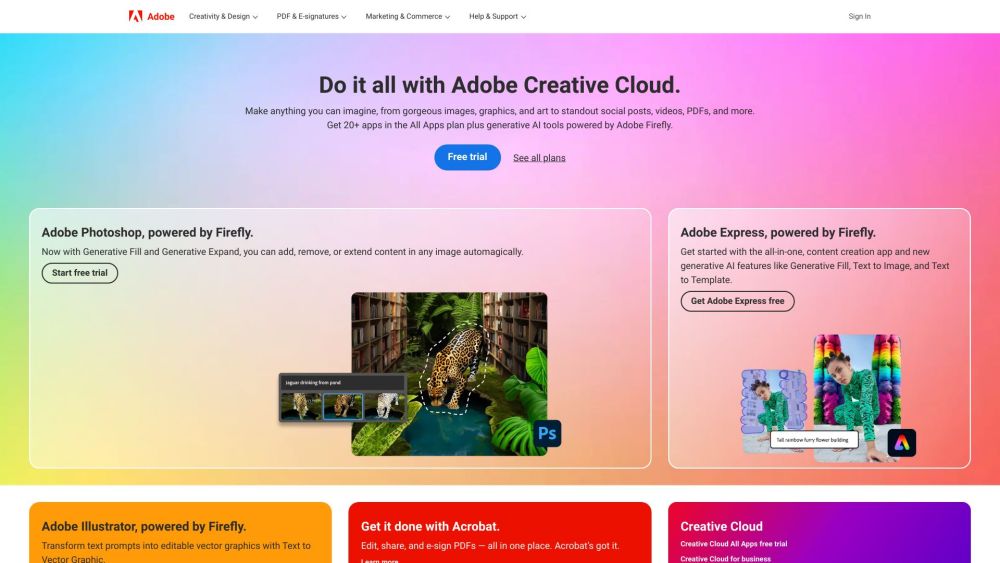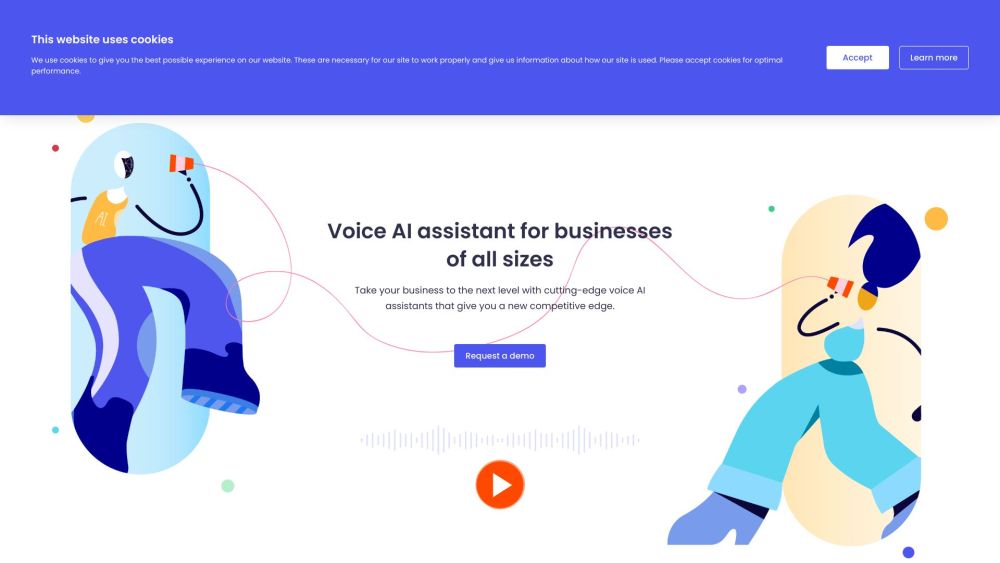Microsoft Introduces Generative AI to Transform Windows and PC Ecosystem at Build Conference
This week, Microsoft made a significant impact at the Build Developer Conference by unveiling a series of innovations designed to integrate generative artificial intelligence (AI) into the forefront of Windows and the PC ecosystem. Key announcements included Copilot+ PC, Recall features, and next-generation Surface devices, all aimed at enhancing user experience. Here’s a summary of the major highlights from the event.
Windows Volumetric Apps
Microsoft is introducing Windows Volumetric Apps to Meta Quest headsets, offering an immersive VR experience that harnesses spatial awareness. Through a partnership with Meta, users will have access to Windows 365 and local PC connectivity on Quest headsets, enabling applications to extend into 3D environments. During the demonstration, users manipulated a digital 3D view using an Xbox controller, showcasing an enhanced interactive experience. Pavan Davuluri, Microsoft's VP of Windows and devices, emphasized the deepening collaboration with Meta to enrich the Windows experience on Quest devices.
Copilot+ PC
Copilot+ PC represents Microsoft’s flagship hardware designed with AI at its core, featuring dedicated Neural Processing Units (NPUs) to support various AI functionalities, including Recall. Each device offers a minimum of 16GB RAM and SSD storage, and the first releases will be powered by Qualcomm Snapdragon X Elite and Plus chips, promising up to 15 hours of web browsing and 20 hours of video playback. Pricing for Copilot+ PC starts at $999, and some models are now open for pre-order.
Surface Pro and Surface Laptop
The new Surface devices, including Surface Laptop and Surface Pro, are focused on performance and battery longevity. The latest Surface Laptop features either a 13.8-inch or 15-inch display with up to 22 hours of battery life, Wi-Fi 7 support, and a haptic feedback touchpad. The Surface Pro has shown impressive upgrades, delivering a 90% speed increase over Surface Pro 9, and is equipped with an HDR OLED display and enhanced front camera.
Recall Feature
The upcoming Recall feature in Windows 11 will “remember” applications and content users accessed weeks or months prior, simplifying the search for relevant information. Recall utilizes logical inference to help locate specific files and conversation history, keeping all data stored locally to protect user privacy.
Image Editing and Real-time Translation
Windows' AI capabilities continue to evolve, introducing "super-resolution" technology that automatically enhances old photos. Additionally, real-time translation will support audio translation in approximately 40 languages, significantly improving the user experience.
Team Copilot and Extended Features
Team Copilot is integrated with the Teams video conferencing application, aiding in the management of meeting agendas and notes. Furthermore, Copilot Extensions empower developers to expand GitHub's code generation tools, offering a more customized experience.
Windows Copilot Runtime
Windows Copilot Runtime supports features like Recall and super-resolution through a suite of generative AI models, enabling applications to operate without an internet connection.
New Development Tools and Collaborations
Microsoft also introduced a Snapdragon development kit for Arm chips to aid developers in building applications. Additionally, the company announced a partnership with Khan Academy to provide cloud computing infrastructure, supporting educators in leveraging AI tools.
These innovations underscore Microsoft’s commitment to integrating generative AI into the Windows ecosystem, laying a strong foundation for the future of PC user experiences.




